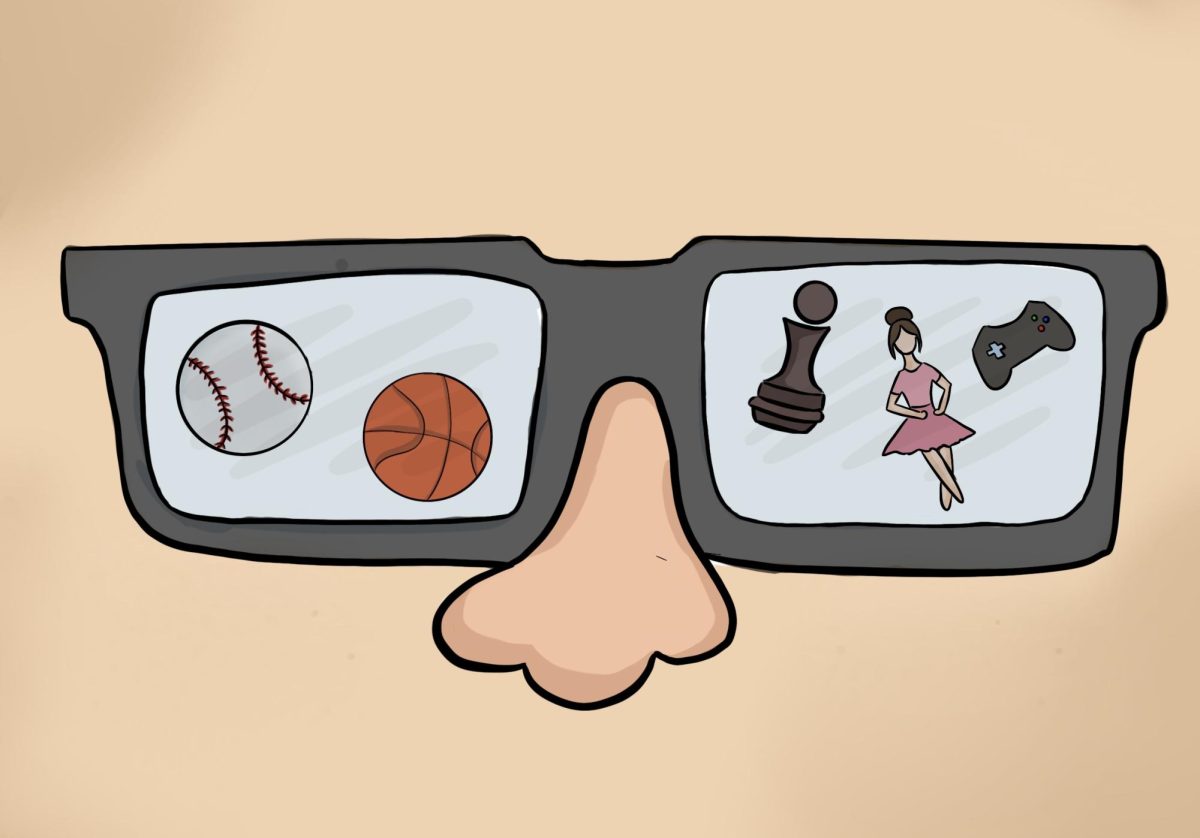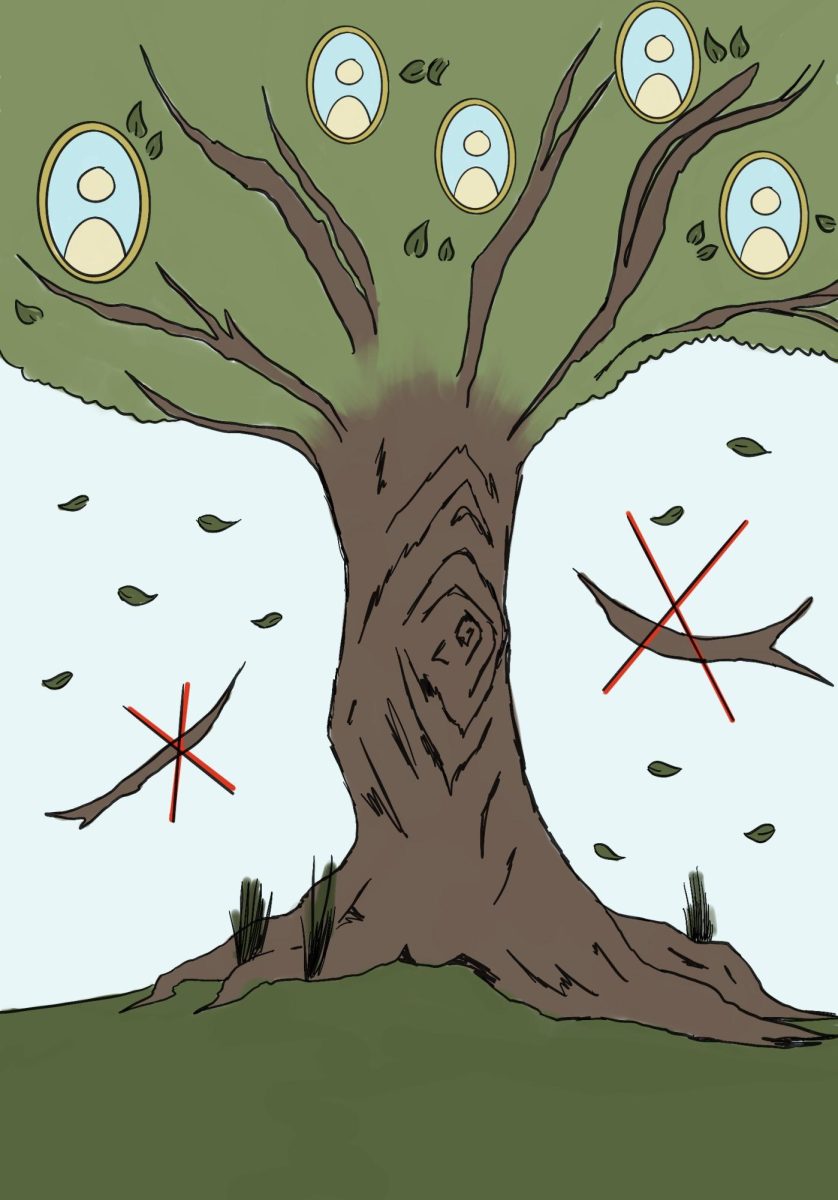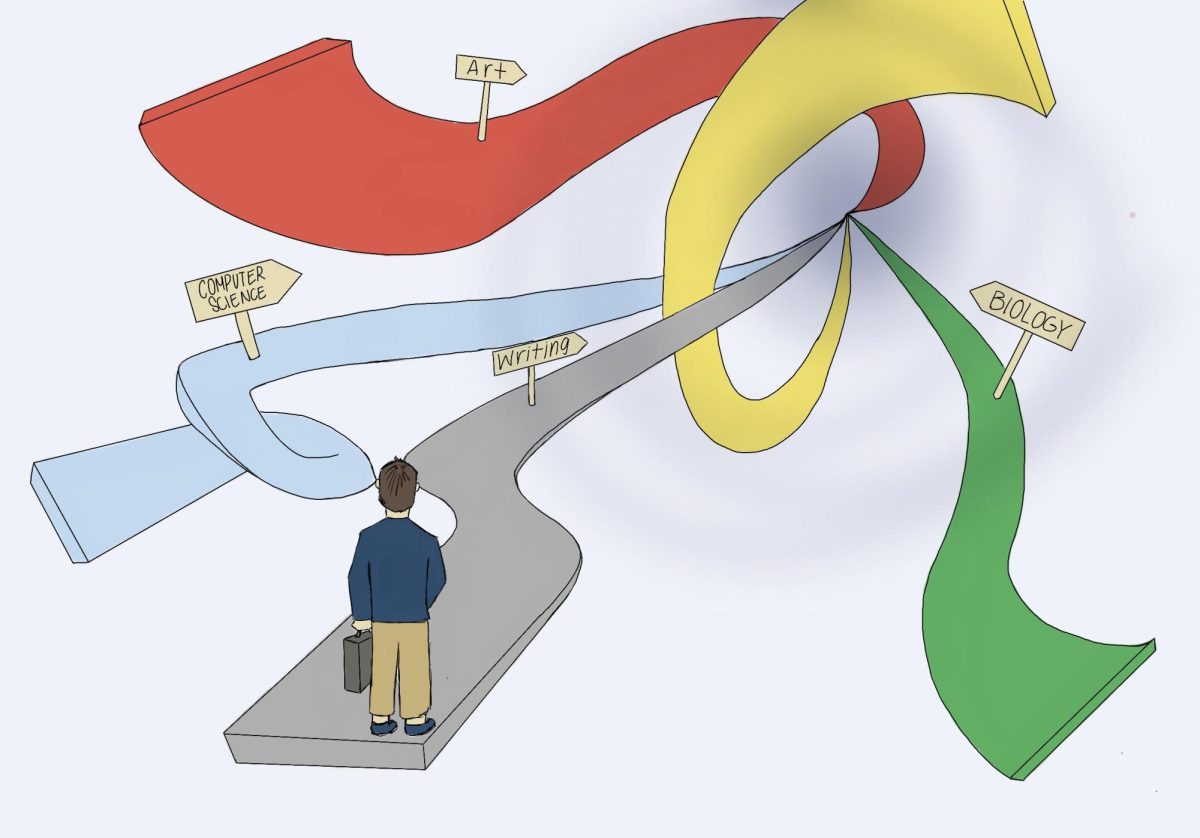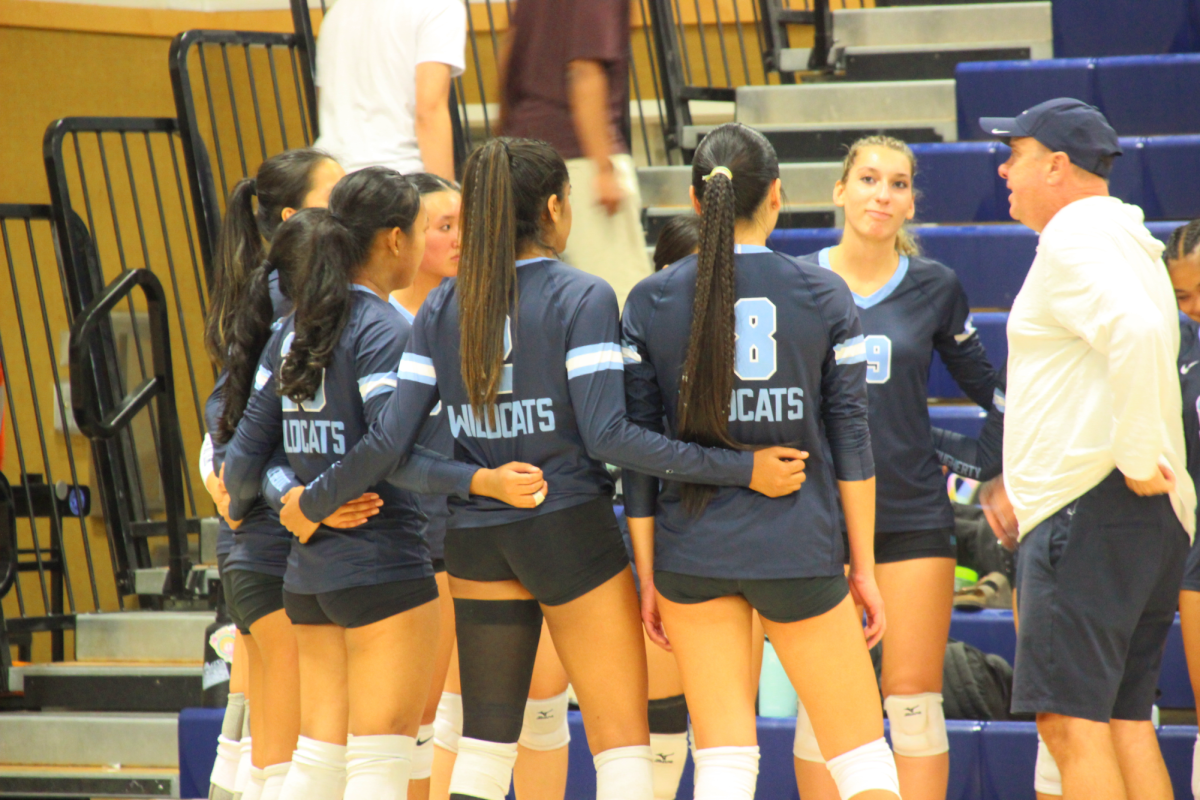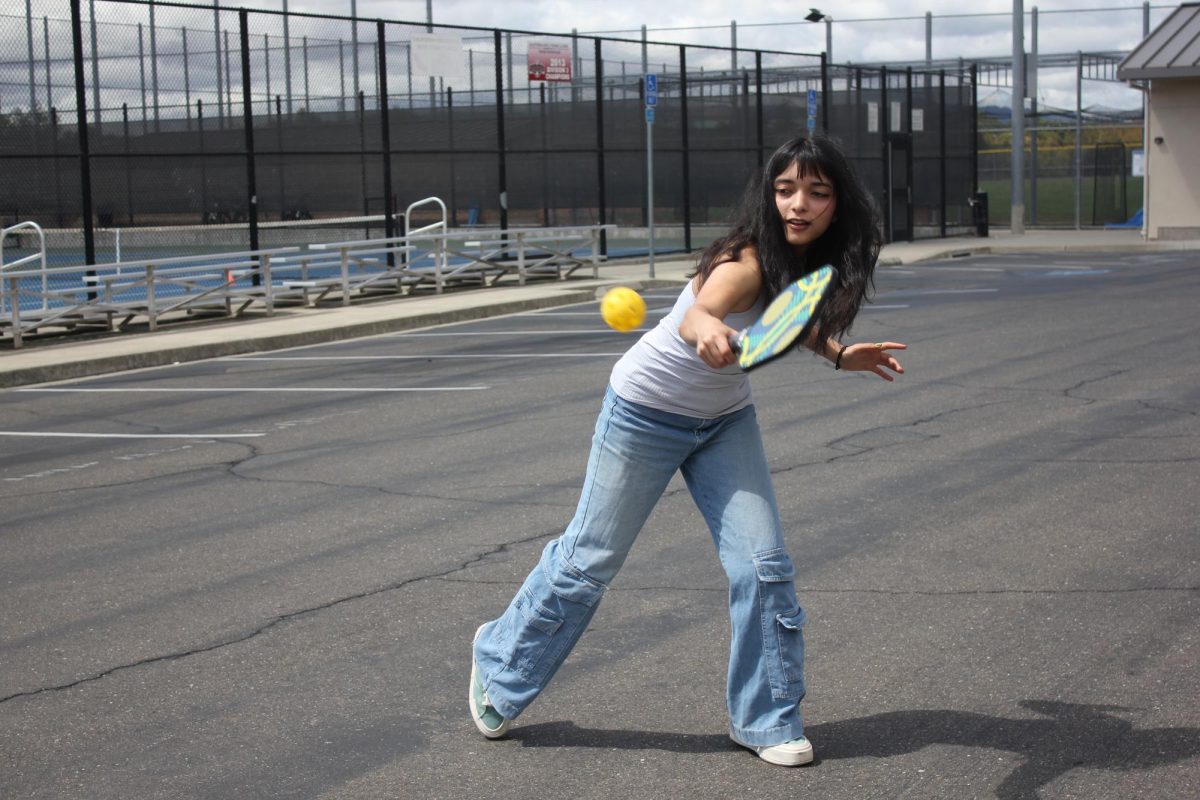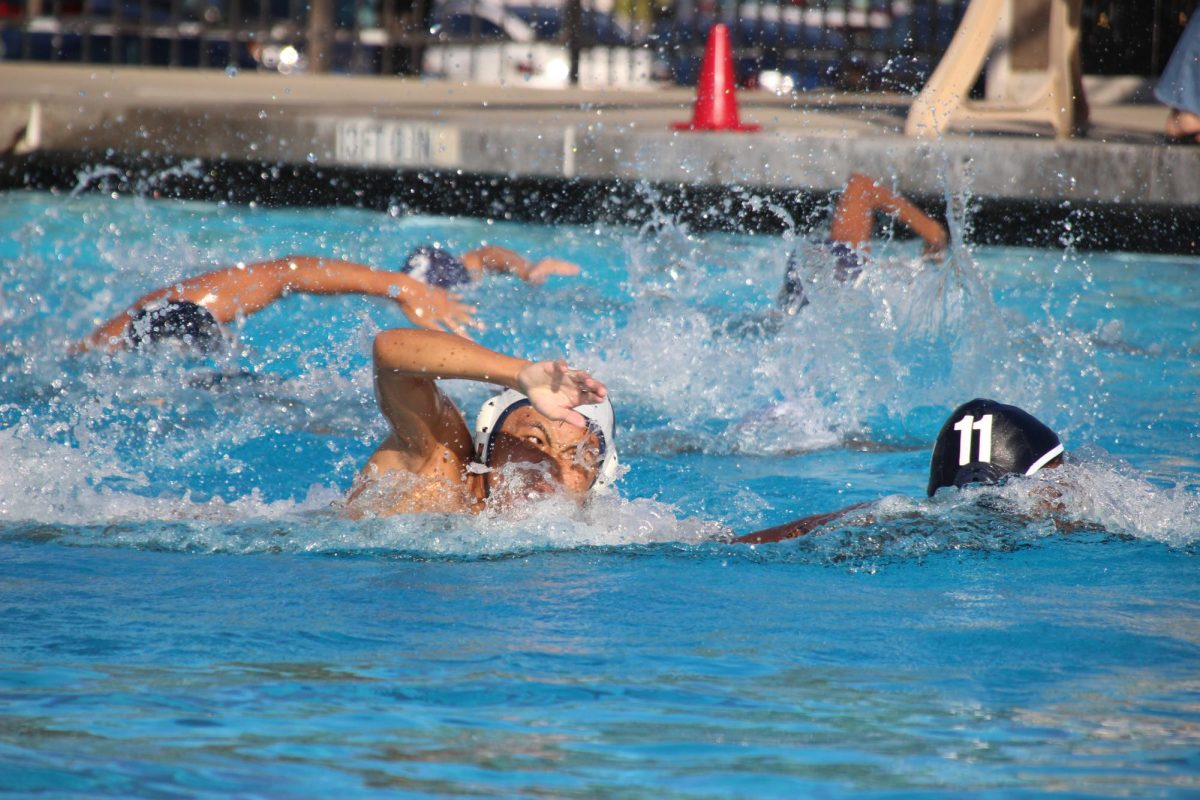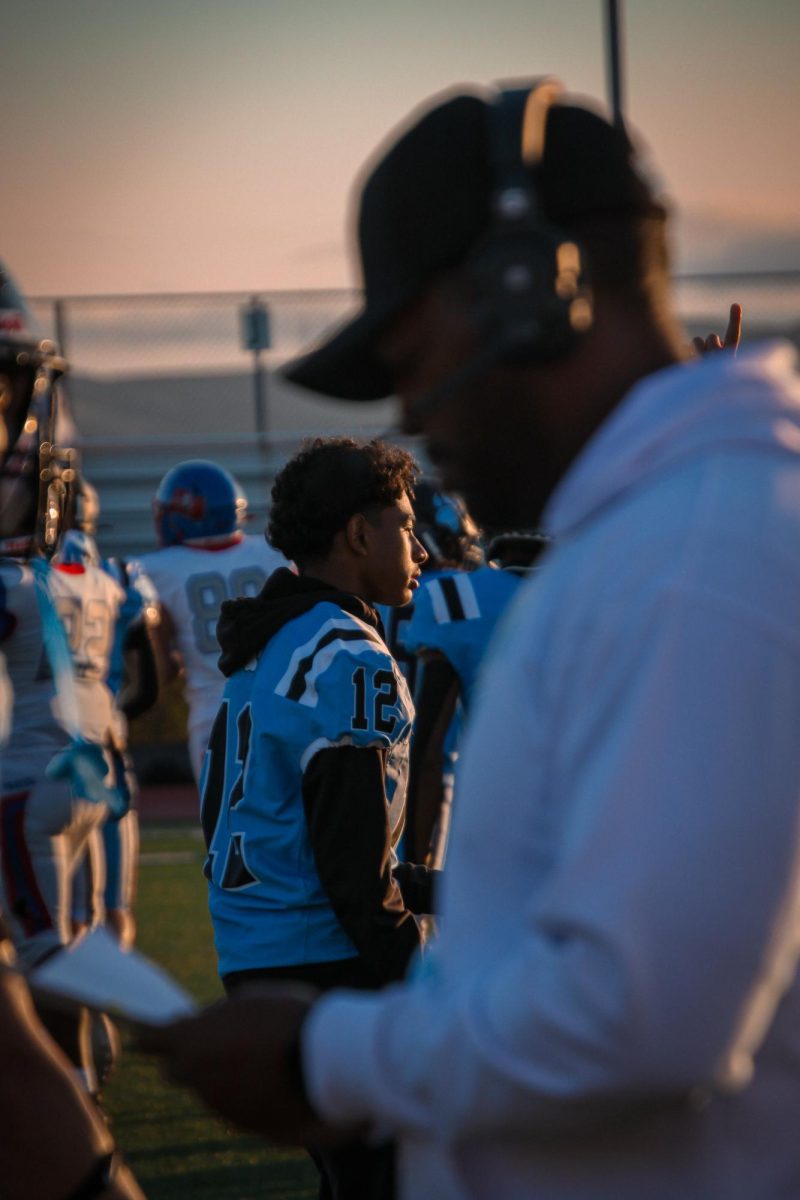When most people think of sports, they imagine a fast-paced game of football, an intense match of basketball or athletes running on a track. These physical activities have been the standard for what it means to compete in a sport. The rigid definition of sport is rooted in physicality, with demanding physical activity viewed as the symbol of athleticism. But what if this definition overlooks a crucial part of what makes a sport meaningful?
Mental exertion, discipline, strategy and skill play an important role in many activities, demanding the same dedication and focus as physical sports. Activities like chess, esports and even dance require skill, discipline and mental toughness on par with traditional sports, so maybe it is time to redefine what it truly means to be a sport.
Take competitive dance and cheerleading, for example. Even though these activities have been labeled by some as sports since the beginning of the 20th century, most people don’t consider them one. Even though these activities often require more than just physical strength and endurance, they demand intense mental focus and discipline. In both dance and cheer, the athletes perform complex routines requiring coordination, precision and synchronization with the teammates; the mental strain involved in perfecting these routines is just as demanding as physical exercise, if not more.
Similarly, chess is another example of an activity that is labeled a sport by the International Olympic Committee, but isn’t viewed as one by most of the world. It’s a game where top players invest years mastering the patterns of the game, and requires immense strategic thinking, concentration and the ability to predict and outsmart opponents. Just as a swimmer refines their strokes, a chess player has to spend hours practicing opening strategies and studying their opponents’ games. The level of discipline and commitment required to master the sport is what qualifies it as one.
By broadening the definition of a sport, we accept a more inclusive perspective – one that sees the entire spectrum of competition, skill and training. In doing so, we would also encourage people to pursue more activities and gain valuable skills. Mental sports like chess or esports allow people to develop qualities of athleticism, such as resilience and focus.
Redefining sports could also help challenge outdated expectations on what it means to be “active” or “fit”. In our society, intellectual and cognitive abilities are just as crucial as physical strength. This rethinking of sports could inspire more students to pursue their passions, regardless of whether those interests lie in a gym or in front of a computer screen.
Changing the way we define sports would also help give recognition to athletes who may not fit the mold of a traditionally “active” competitor, but still demonstrate exceptional skill and dedication. The rise of esports as a billion-dollar industry, along with its inclusion in events like the Asian Games, highlights growing recognition of the value of mental competition.
As schools and communities continue to place value on traditional physical sports, it’s important to remember that competition is what makes a sport. Whether it takes place on a field, in a gym or on a screen, what truly should define a sport is not the amount of physical effort involved, but the mental effort, the drive and the training required.
It is time to redefine what it means to be an athlete. By including activities that emphasize mental skill, discipline and competition, we acknowledge the different ways that people can train, compete and excel in sports.

